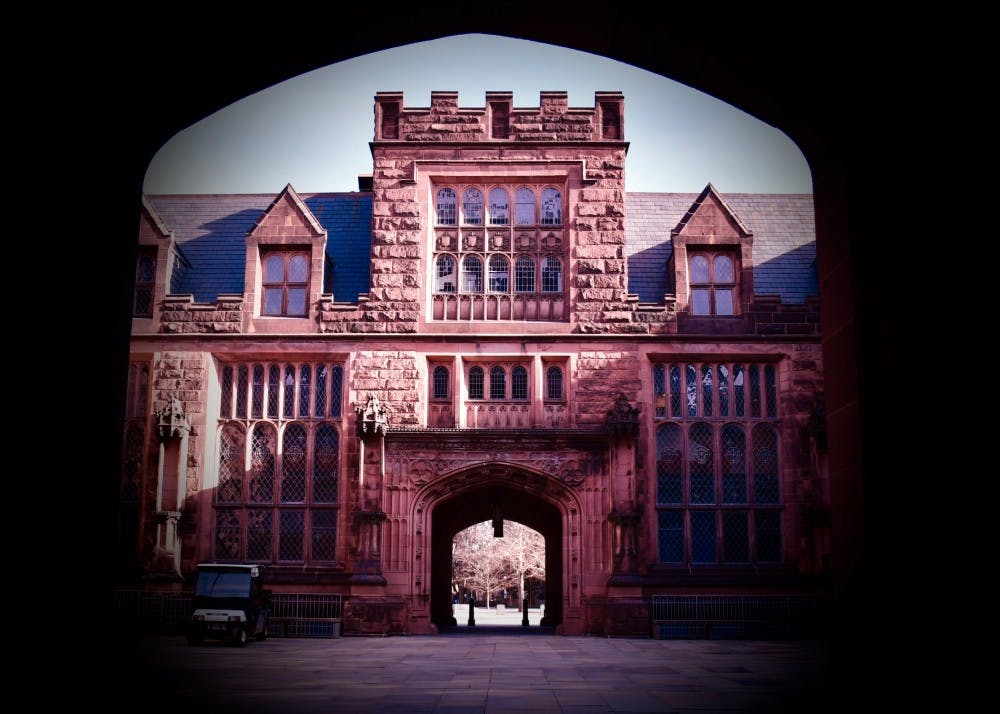A liberal arts education obligates students to examine a wide range of geographic areas and appraise a broad expanse of ideas. As A.B. departments’ course offerings reveal, however, students can easily skirt around studying areas other than Europe and the United States. History, Politics, the Wilson School, and Philosophy, to name but a few departments, privilege scholarship on Europe and the United States.
The history department’s Eurocentric bent is not difficult to discern. Concentrators must take a course in four distribution areas: United States, European, Non-Western, and Pre-Modern. Only one of the four requires concentrators to investigate somewhere beyond “the West,” which is itself a reductive construct. Why are there no African, Latin American, or Asian history requirements?
Similarly, the politics department privileges the study of American politics. Of the three departmental tracks, the Program in American Ideas and Institutions, the Program in Political Economy, and the Program in Quantitative and Analytical Political Science, only one focuses on a particular region. Of course, that region is the United States.
The Wilson School requires concentrators to take prerequisite courses in History and Politics. Given the prejudices reflected in those departments’ offerings, students who study and hope to practice public policy can similarly avoid studying anywhere beyond Europe and the United States.
Academic departments cannot both claim to be universal and propagate systemic inequities. As Professor Dan-el Padilla Peralta suggested in a recent edition of the Princeton Alumni Weekly, the names of our departments ought to reflect their offerings. Classics, for example, could be more accurately described as the department of Greek and Roman studies. Others have argued that Western-focused philosophy departments be renamed “Department of European and American Philosophy.” What about other departments that privilege European and U.S. scholarship, such as history, politics, and public policy?
The pursuit of free and open knowledge allows students to study whatever they wish; all regions merit intellectual attention. Nonetheless, students of the humanities and social sciences, fields that aspire to represent and contextualize the human experience, should explore the full breadth of their disciplines. Requiring students to enroll in a healthy balance of non-normative and customary courses would tremendously benefit Princetonians’ intellectual development and sociocultural awareness.
Fifty years ago, the Association of Black Collegians occupied New South to protest the University’s investments in apartheid South Africa. Those students examined South African history and contemporary affairs beyond the constraints of traditional Western scholarship. They pursued an expansive, provocative understanding of the human experience, one that transcended geographic and racial boundaries.
We should heed their example.

Board Chairs
Chris Murphy ’20
Cy Watsky ’21
Board Members

Samuel Aftel ’20
Arman Badrei ’22
Ariel Chen ’20
Rachel Kennedy ’21
Ethan Li ’22
Jonathan Ort ’21








